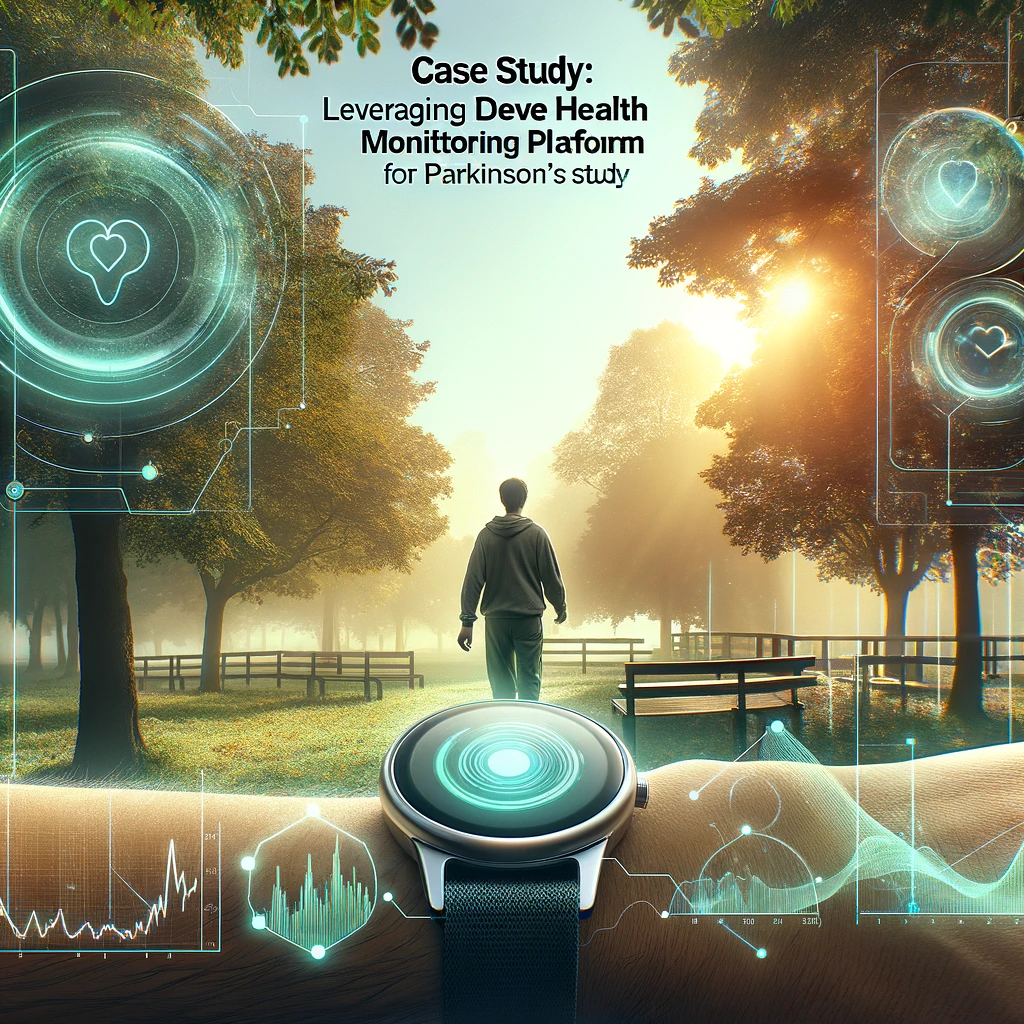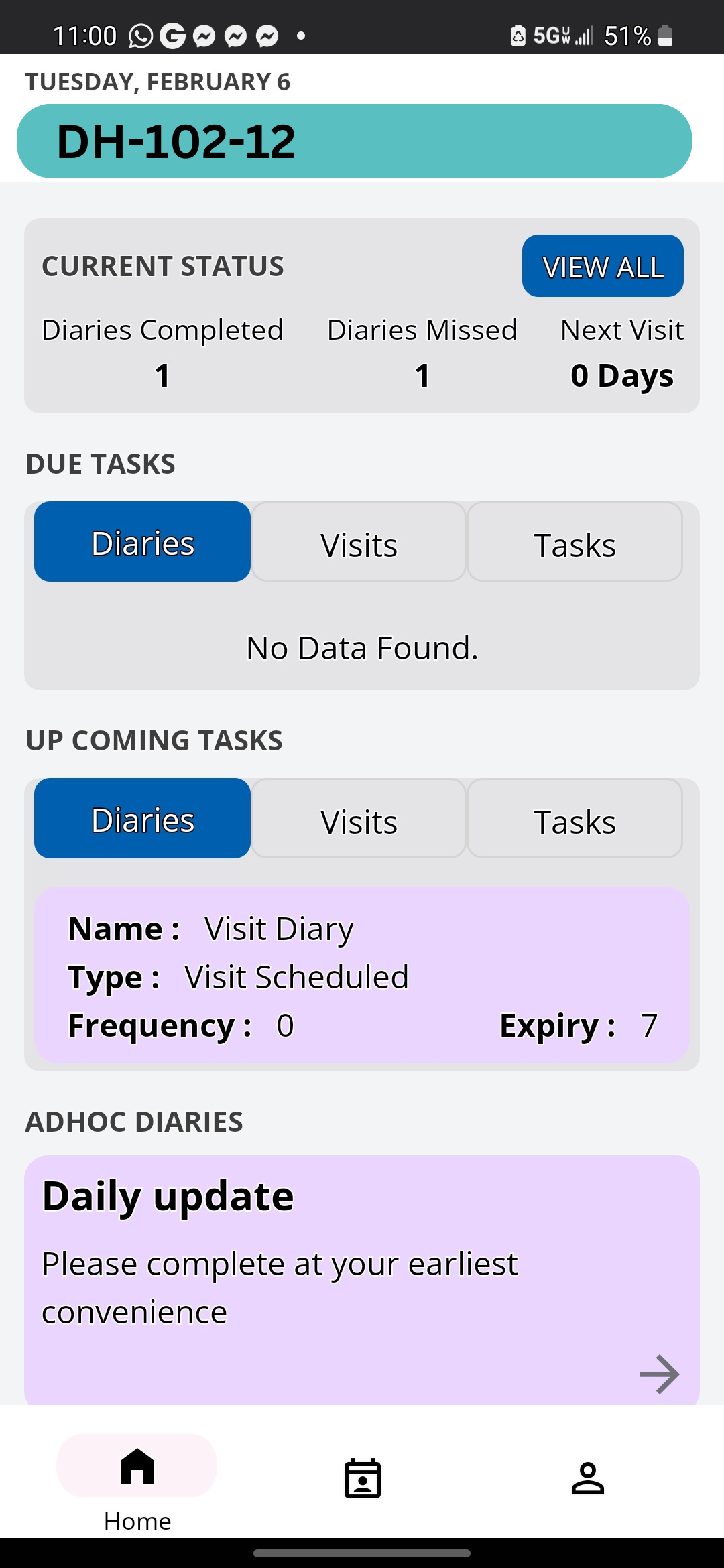Delve Health’s upper management is currently attending the Drug Information Association’s (DIA) 2022 Global Annual Meeting in Chicago, Illinois. While we are taking all the necessary precautions to avoid the spread of COVID-19, we are very happy to be on the ground and in-person for this meeting, after a two-year absence.
We hadn’t been on-site long and we’ve already had some very interesting and informative conversations with fellow attendees, one of which was regarding the “pros” of virtual research organizations (CROs), such as Delve Health, and the “cons” of traditional CROs.
Related articles

Delve Health’s Wearable-as-a-Service: Revolutionize Your Clinical Trials
Enabling wearable as a service for clinical trials to reduce costs and improve real world evidence creation.


Case Study: Leveraging Delve Health Platform for Parkinson’s Study with Wearables Monitoring Dyskinesia


Digital Endpoints and Patient Outcomes in Clinical Trials: Understanding the Differences and Similarities


The Importance of Patient Engagement in Clinical Trials and Innovative Strategies for Enhancement


































